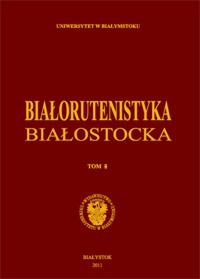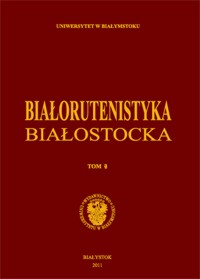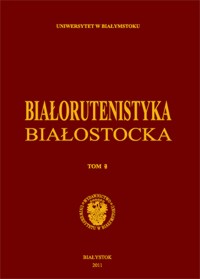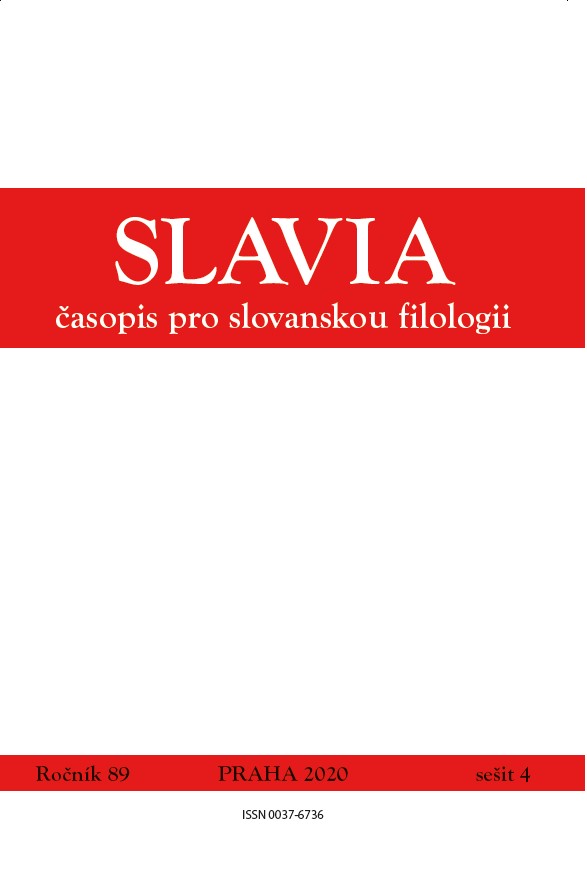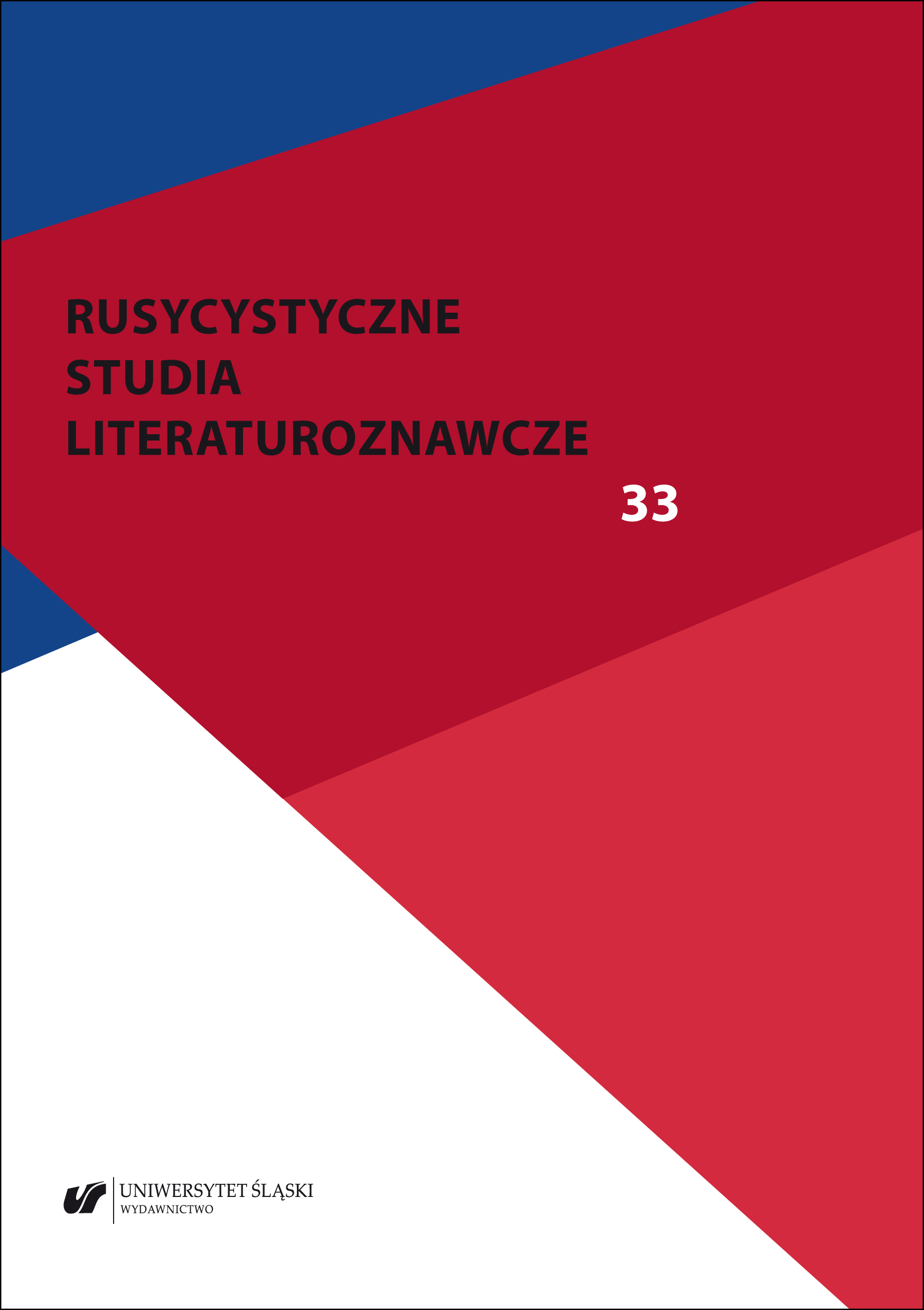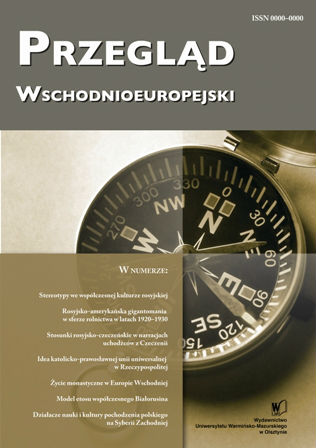
Language, Place And History In Belarusian Literature
Belarusian literature is currently written under difficult circumstances, which, however, neither stimulates nor restricts its development. In fact it flourishes both in metro¬politan and provincial Belarus as well as abroad. The much repressed language, after a chequered history, survives mainly in literature and in the use by mainly young nationally conscious Belarusians for whom it may act as a socio-political statement. The history of Belarus as the main successor state of the Grand Duchy of Lithuania is inalienable, though disputed and minimized by some of the country’s leaders whose historical consciousness begins with World War II or even later. Most writers who left the country in voluntary or involuntary exile have gained new created energy, though the Belarusian Free Theatre would gladly return, were circumstances different. Whatever its difficulties, Belarusian culture re-mains strong.
More...
